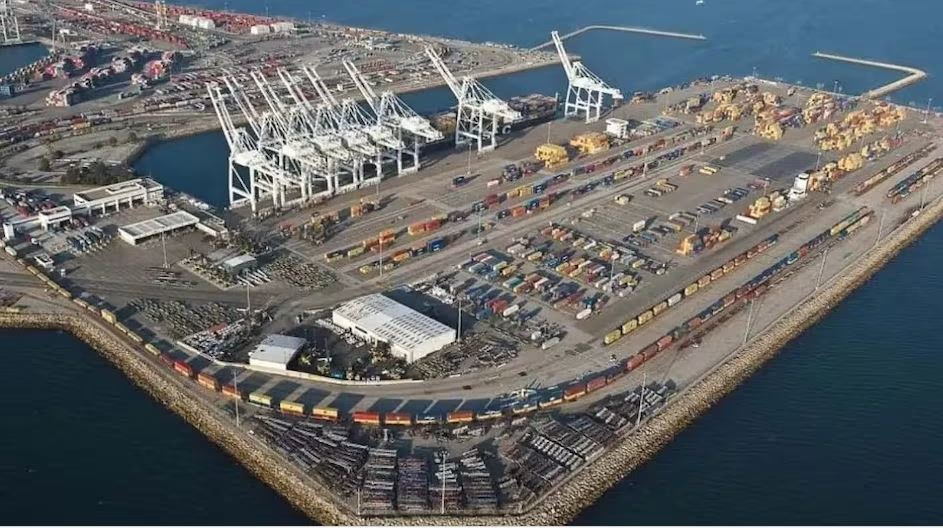President Donald Trump imposed an initial 25% tariff on Indian goods, followed by an additional 25% punitive tariff, totaling a 50% American tariff on India. Now, in a further blow, the waiver on sanctions for Iran’s Chabahar Port, granted since 2018, has been retracted. Described by the U.S. as part of a 'maximum pressure' campaign, this decision will cause serious difficulties not only for Iran but also for India and other nations trading through the port.
Sanctions Effective from September 29
The receipt of the sanctions waiver for Chabahar Port in 2018 has now been nullified by the U.S., creating strategic and economic hurdles for India. This decision takes effect on September 29, 2025. With Chabahar considered an entry point to Afghanistan and Central Asia for India, bypassing Pakistan, this change will hinder such operations, deeply impacting India's regional connectivity, trade opportunities, and geopolitical strategies.

Source: aajtak
Known as part of the International North-South Transport Corridor, Chabahar Port facilitates trade between India, Iran, Russia, and Europe. The corridor could provide cost-efficient and faster goods transport. Delays due to sanctions could hinder its development, posing significant strategic and economic setbacks for India. This 7,000-kilometer route could enhance trade, covering locations from Iran to Afghanistan, Azerbaijan, Russia, Armenia, Central Asia, and Europe.
India's Significant Investment
India has heavily invested in Chabahar Port. In 2024, through India Ports Global Limited (IPGL), India secured a 10-year deal for managing Shahid Beheshti Terminal, entailing a $120 million investment and $250 million financial aid. Now, due to sanctions, there is increased risk for investments as companies and individuals involved may fall under U.S. sanctions.
Potential Benefits for China Due to Sanctions?
American sanctions could inadvertently benefit China and Pakistan. The halting of Chabahar Port development could bolster Pakistan’s Gwadar Port and China's regional ambitions. While Gwadar Port hasn't fully realized its potential, Chabahar's failure might provide it an edge. Already grappling with challenges from Trump’s tariffs, India now faces new hurdles that require discussions with the American side for alternative solutions.
Geopolitical analyst Brahma Chellaney depicted this choice as a punitive U.S. move, stating, ‘The Trump administration has intensified pressures on India. A compensation of 50% tariffs on Indian goods seems insufficient; revoking the 2018 waiver for India-operated Iran's Chabahar Port represents a punitive measure.'
Chellaney added, ‘This waiver enabled India to formalize a 10-year agreement in 2024 for Chabahar Port's development and operation, serving as a gateway for India’s trade with Afghanistan and Central Asia, counteracting Pakistan's Gwadar Port, which is part of China’s Belt and Road initiative.'
Ironically, during Trump's initial term, India halted Iranian oil imports, aligning with earlier sanctions, thus inadvertently boosting Beijing, which became the sole buyer of Iran's cut-price oil, strengthening China’s energy security at India's expense. Trump's maximum pressure tactic inadvertently granted Beijing substantial benefits, with India incurring the costs.




